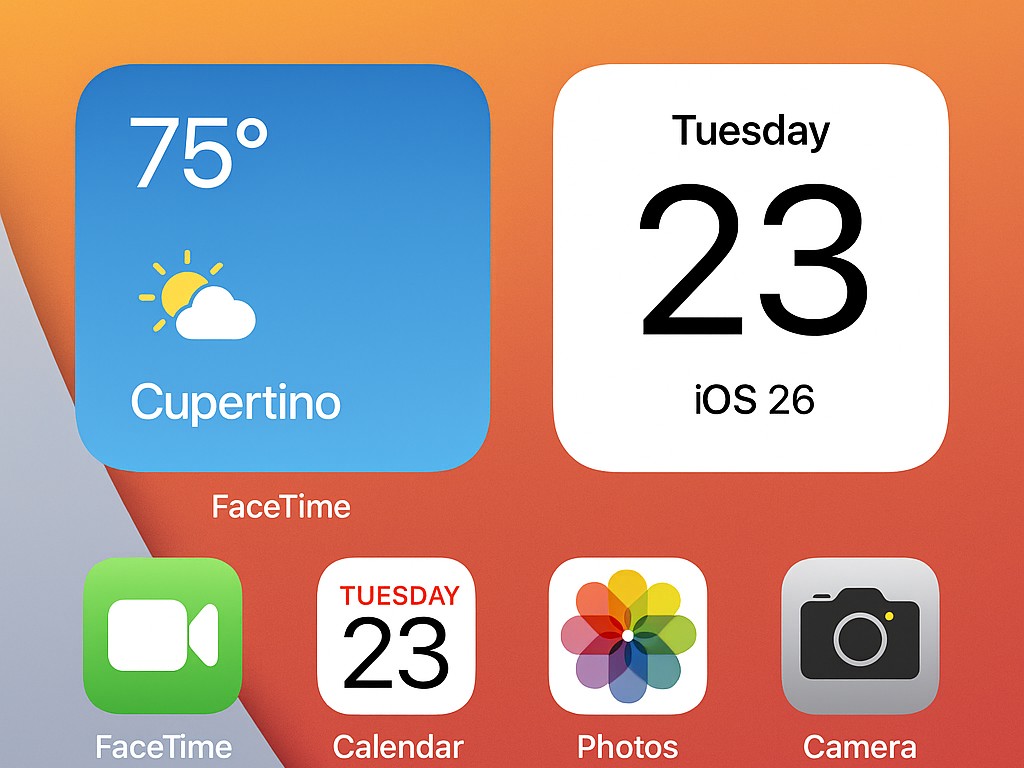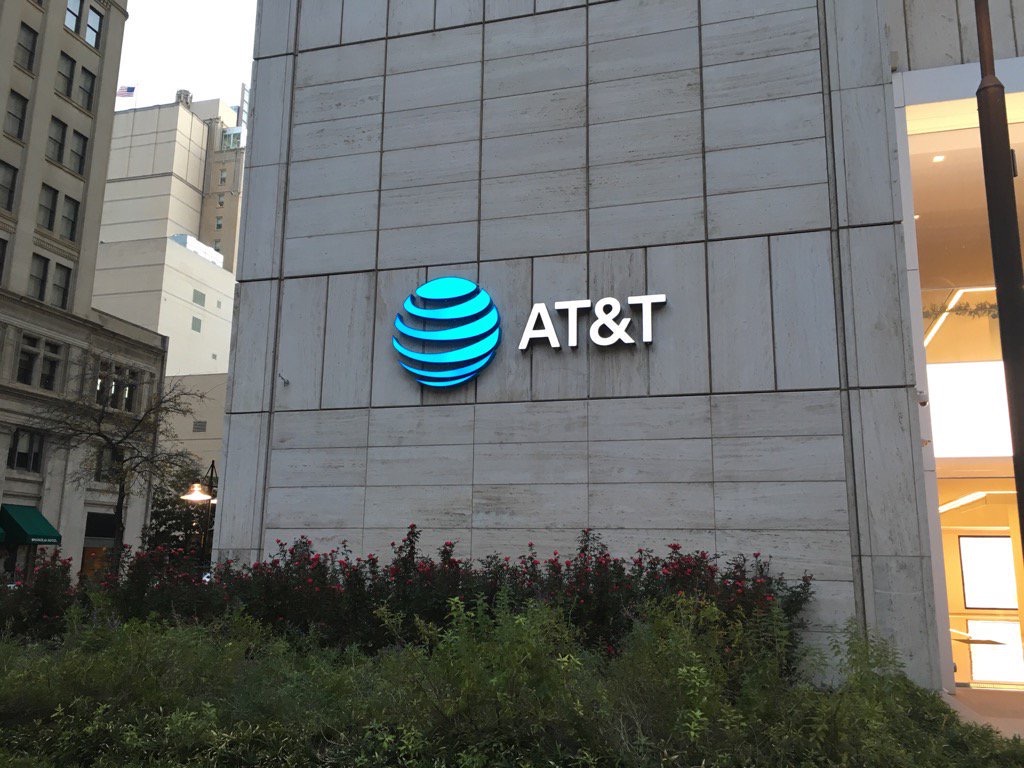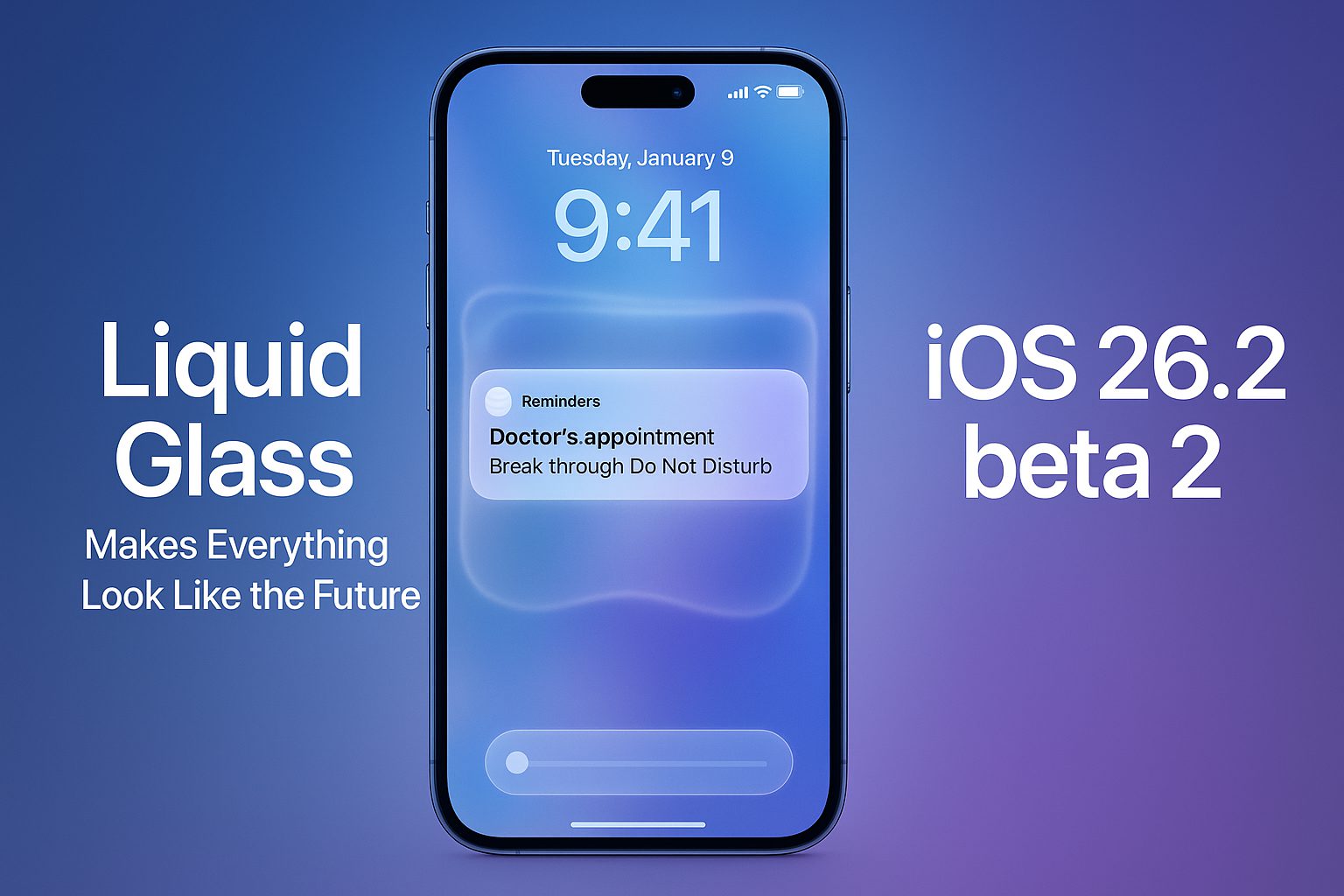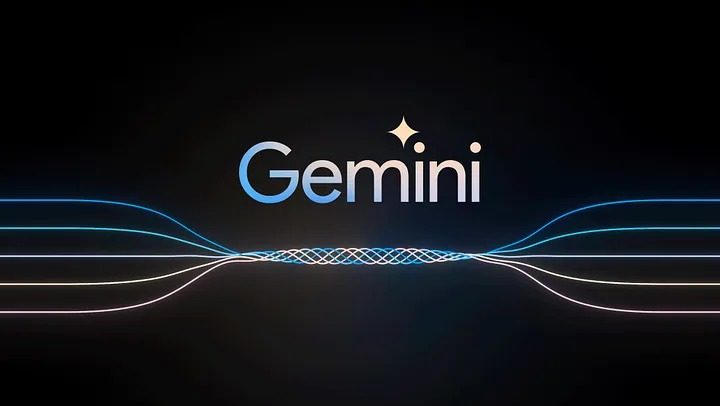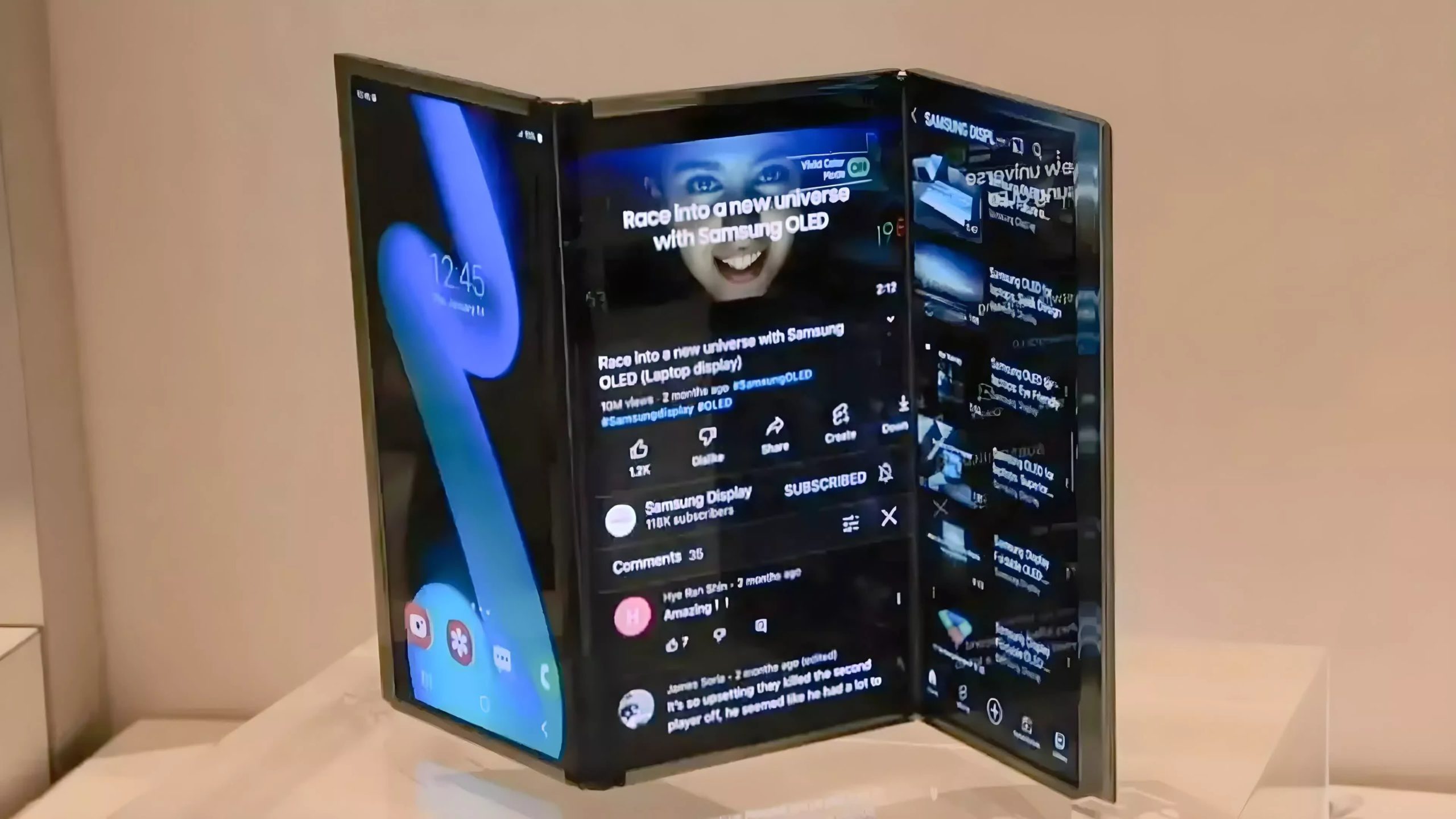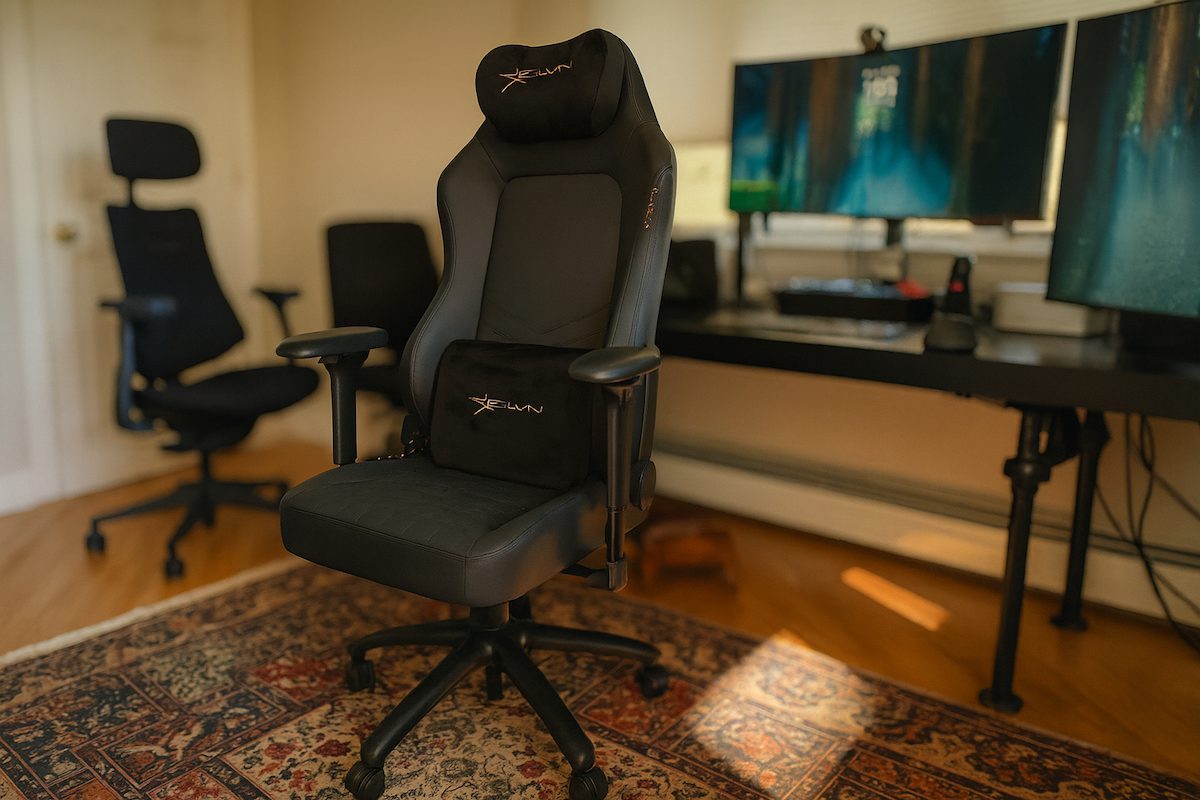Location tracking, social engineering, and FaceTime recordings of unreleased iOS features—this isn’t your typical tech journalism controversy. Apple has unleashed its legal arsenal against YouTuber Jon Prosser, alleging he orchestrated an elaborate scheme to steal trade secrets about iOS 26’s “Liquid Glass” interface months before its official reveal.
The Alleged Digital Heist
According to Apple’s federal lawsuit, Prosser didn’t just stumble upon these leaks—he allegedly masterminded them. The scheme involved collaborator Michael Ramacciotti gaining access to Apple employee Ethan Lipnik’s development iPhone by obtaining his passcode and timing the breach for when Lipnik would be away from his device.
The sophistication is staggering. Ramacciotti reportedly used location-tracking technology to monitor Lipnik’s movements, ensuring optimal access windows. Once inside the device, he FaceTimed Prosser to showcase unreleased iOS 26 features, which Prosser recorded and transformed into multiple monetized YouTube videos.
This feels like watching a Netflix true crime documentary unfold in real time, except the crime scene is a development iPhone and the evidence is YouTube ad revenue.
What Got Leaked
The videos revealed iOS 26’s “Liquid Glass” design language—featuring pill-shaped tab bars and enhanced transparency effects that Apple had closely guarded. Prosser’s channel showcased redesigned Photos and Messages apps months before WWDC, generating massive viewership and advertising revenue.
Apple claims the full scope of compromised information remains unknown, making this breach potentially more damaging than what appeared on YouTube.
The Defense and Fallout
Prosser disputes Apple’s version of events, emphasizing that his videos typically use artist renders rather than direct screenshots to protect sources. Meanwhile, the Apple employee whose device was allegedly compromised, Ethan Lipnik, has reportedly been terminated for failing to follow internal security protocols.
Beyond the Lawsuit
This case represents more than corporate drama—it’s a collision between Silicon Valley’s legendary secrecy culture and the creator economy’s insatiable appetite for exclusive content. For tech YouTubers walking the line between journalism and speculation, Apple’s aggressive legal response sends a clear message: monetizing stolen trade secrets crosses from reporting into actionable theft.
Your favorite tech channels might need to reconsider their approach to leaks. The days of consequence-free insider access may be ending faster than you can say “Liquid Glass.”


